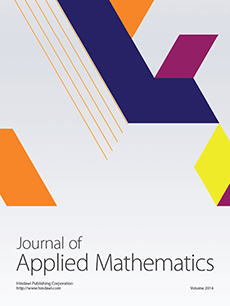Abstract
The Rao-Blackwellized particle filter (RBPF) algorithm usually has better performance than the traditional particle filter (PF) by utilizing conditional dependency relationships between parts of the state variables to estimate. By doing so, RBPF could not only improve the estimation precision but also reduce the overall computational complexity. However, the computational burden is still too high for many real-time applications. To improve the efficiency of RBPF, the particle swarm optimization (PSO) is applied to drive all the particles to the regions where their likelihoods are high in the nonlinear area. So only a small number of particles are needed to participate in the required computation. The experimental results demonstrate that this novel algorithm is more efficient than the standard RBPF.
Citation
Zeng-Shun Zhao. Xiang Feng. Yan-yan Lin. Fang Wei. Shi-Ku Wang. Tong-Lu Xiao. Mao-Yong Cao. Zeng-Guang Hou. Min Tan. "Improved Rao-Blackwellized Particle Filter by Particle Swarm Optimization." J. Appl. Math. 2013 1 - 7, 2013. https://doi.org/10.1155/2013/302170
Information





